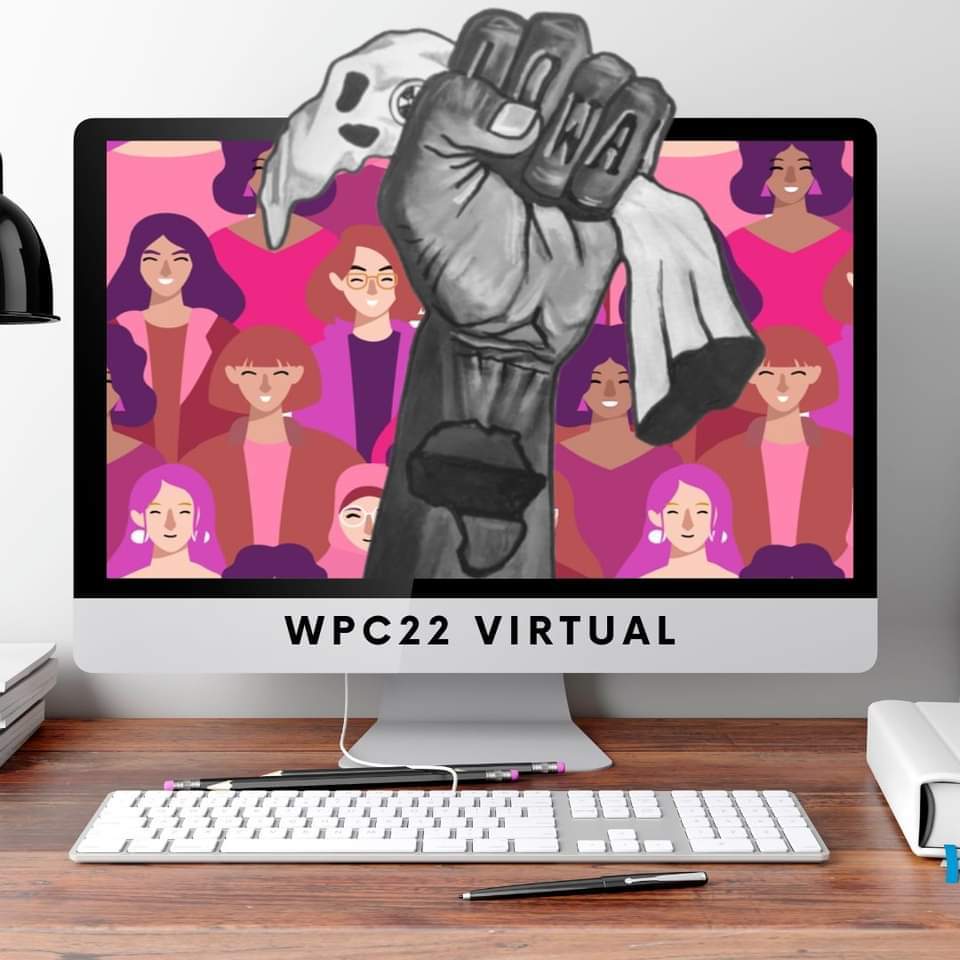I enjoy writing daily reports from General Assembly, even though occasionally that keeps me up far beyond midnight. Doing them helps me focus and makes me put into words what I’m hearing and seeing each day. Hopefully, it also helps people back home to better understand and better appreciate what our denomination is doing. The Presbyterian Church (USA) is doing some good things and addressing some important issues that most of us don’t hear about.
Occasionally, I have written daily reports from Big Tent, the biennial annual conference sponsored by the PC(USA) that happens in the off years between General Assembly meetings. Unfortunately, these events have now disappeared – another victim of Covid-19 and the ensuing budget shortfalls.
Wednesday, April 7, was the first day of the White Privilege Conference 22. I had been hearing good things about these conferences for the past several years and intended to go to the one last year before it got cancelled because of the pandemic. This year, it’s being held virtually. If the first day was any indication, the conference would be worthy of a daily report back to the presbytery.
I know I still have a lot to learn about racism. While I don’t think of myself as intentionally racist, I now realize how much I benefit from white privilege. I can also confess that I often find myself too lazy, too scared, or too tired to address anything but the most overtly racist behavior. That bothers me. I hope I know better, but I certainly don’t always do better. This gnaws at my conscience, and to be honest, it gnaws at my soul. Something has to change, and I know it’s me.
While I can’t say I enjoyed sitting in a Zoom meeting for five hours – from 11 a.m. t0 5 p.m., with a one-hour break for lunch – it was a good use of time. It mainly reinforced things I already knew, but it also affirmed my understanding that being faithful to Jesus Christ is what calls me to address this issue. The day’s workshop was “Dismantling the Racism Machine: Myths Taught to White People that Perpetuate White Supremacy.” It was led by Karen Gaffney, who teaches at a community college in New Jersey.
We focused on three myths:
- Myth #1 – Human races are biologically different.
Reality – Race is a human invention. Human DNA is 99.4% the same. - Myth #2 – Races have always existed. Whiteness has always existed.
Reality – Race is a relatively recent invention. Some trace the concept to the slave codes in Virginia in 1705. - Myth #3 – Racism has occurred in the past, but that problem has been resolved.
Reality – Systemic racism still exists.
Even though I had heard most of this before, it still hit home. It’s easy to ignore, forget about, or pretend this doesn’t exist or doesn’t really matter if your skin is white. People of color don’t have that option. It isn’t fair.
One of the last parts of the workshop asked us each to come up with an action plan. Among other things, I made the commitment to read one book a month on racism and to attend next year’s White Privilege Conference. Earlier in the day, someone had suggested that first-time attendees at this conference tend to be overwhelmed. Looking at the schedule for the next three days, I can see that coming.
I decided, though, not to write daily reports for the presbytery about this conference. I’m convinced that this is important work, but at this point, it’s more about the work I feel called to do. Racism is not going to go away until we confront it. The confrontation begins with education. I’m not sure where this will lead me, but I’m willing to take the next step.


As difficult as it may be, I appreciate your being on this journey and for what it brings to us from the Spirit through you.
I like seeing these words this morning. There are things we are all aware of, and we can all be complacent at time. And maybe it will encourage some of the rest of us for next year’s conference.
Thank you Ed for your personal reflection on this important topic and for sharing with the presbytery more about the work of this conference.